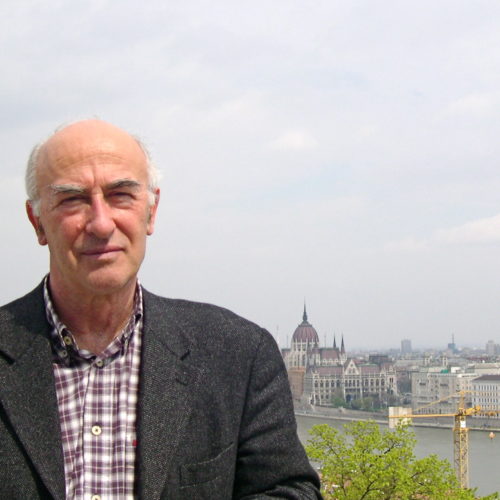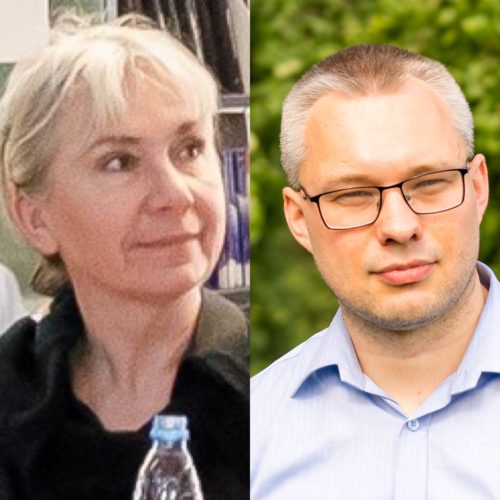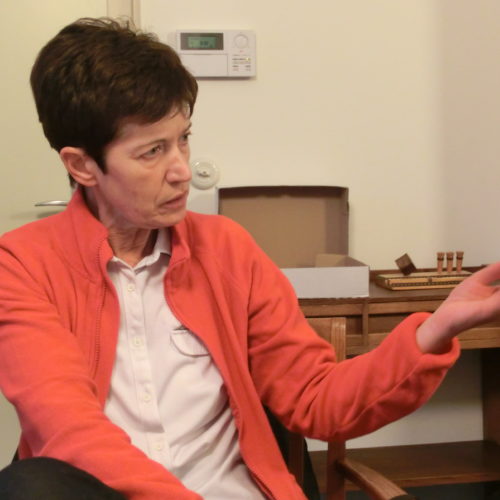DEGLOBALIZATION
Michael Brie; Claus Thomasberger
Efforts to fundamentally transform today’s unsustainable economic and social order, to respect the planetary boundaries, to create better living conditions and more abundant freedom for all are confronted with a seemingly insuperable obstacle. Political institutions appear weak and powerless against the forces of a global economic system driven by financial institutions, competition for profit and the pursuit of economic growth. Strong economic constraints limit the room of maneuver for national parliaments. International political institutions lack the force to impose themselves when confronted with powerful national economies. Even if neo-liberal globalization is reaching its limits, as the failure of the Doha-round, the struggle against CETA and TTIP, and the growing number of trade disputes, the search for alternatives has to start with the question of how to empower democracy vis-à-vis the economy. “Taking back control” is the necessary precondition for any form of fundamental transformation. The crucial question today is how to strengthen democracy against the global capitalist market system.
Faced with the conflict between capitalism and democracy in the 1940s, Karl Polanyi pointed to the alternative, “Universal Capitalism or Regional Planning”. Polanyi was in favor of the global division of labor, but he rejected the idea of a global market system. He regarded the break with universal capitalism dominated by the financial institutions as an indispensable prerequisite for regaining control. In his eyes, political control of capital movement and regionalization were necessary conditions for a fundamental transformation of societies in democratic and socialist directions.
What can we learn from Polanyi’s analyses? Is “crazy nationalism”, as Polanyi argued, essentially a reaction to the unregulated international market system? Should the WTO system, based on non-discrimination and most favored nation (MFN) treatment, be given up in favor of regional and preferential arrangements? Can projects such as China’s Belt and Road Initiative open new perspectives? What opportunities would a Green & Social New Deal, within the framework of the European Union, as a path to a new Great Transformation open up if democratic structural and investment policies were pursued? What about Polanyi’s idea of controlled exchange between tame and peaceful empires as substitute for the utopian project of a universal competitive market system?








